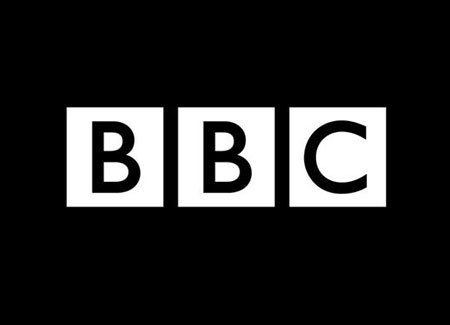On the BBC’s Make It Digital campaign (2015)
The BBC has announced its “Make It Digital” campaign – including a series of TV programs supported by online content to educate young people on coding. The campaign coincides with the new computing curriculum’s introduction in England.
The broadcaster is also moving into programming-themed children’s TV shows for autumn 2015 (nb. Australian September-December 2015). Jessica Cecil is the organiser of the BBC’s coding and digital creative initiative – here’s a great blog post Jessica wrote outlining the BBC’s plans.
The TV programs:
The new materials on Bitesize (a BBC education website) cover 40 different elements tailored to the new curriculum, ranging from primary school level up to GCSE exams. Topics for younger pupils include debugging programs, writing animation code and explaining how the internet works. Coverage for older children includes algorithms, data representation and binary.
Tech-themed TV shows that will be broadcast later in the year include:
- Technobabble – an app and gadget-themed show made by the team behind Newsround, designed to encourage its audience to expand its computer skills
- Appsolute Genius – a spin-off of the existing CBBC show Absolute Genius – in which the hosts, Dick and Dom, interview prominent computer programmers, including the creators of Sonic the Hedgehog and Pac-Man. The show will also run a competition in which one child’s idea for a video game will be picked and development of the title will be tracked over a 12-week period before it is released for free to PCs and mobile phones
- Nina and the Neurons: Go Digital – five episodes of the CBeebies show that will explore 3D printing, coding and driverless cars
Interesting – this is the BBC’s second recent attempt to get this off the ground – the other venture, BBC Jam, had to be scrapped in 2007 after complaints from the commercial sector that it posed unfair competition to education-themed businesses. The project had been intended to support the government’s computer-based “digital curriculum” of the time. The BBC was also involved in a similar initiative in the 1980s to support computer education/uptake.
My thoughts:
This is fairly awesome and picks up on a lot of trends. It normalises the tech space by including it in mass media. It delivers both online and TV based content (expensive and difficult to achieve). It is consortia based, tapping into the best of the tech educators already addressing these issues. It aligns and supports the government’s curriculum rollout (which makes sense). I’m impressed by their ability to make historical dramas about technology (first female programmers, inventors of the internet etc). I can’t wait to see it roll out.
(source article: BBC begins kids coding push with Bitesize and TV shows by Leo Kelion, 1 Sept 2014)

